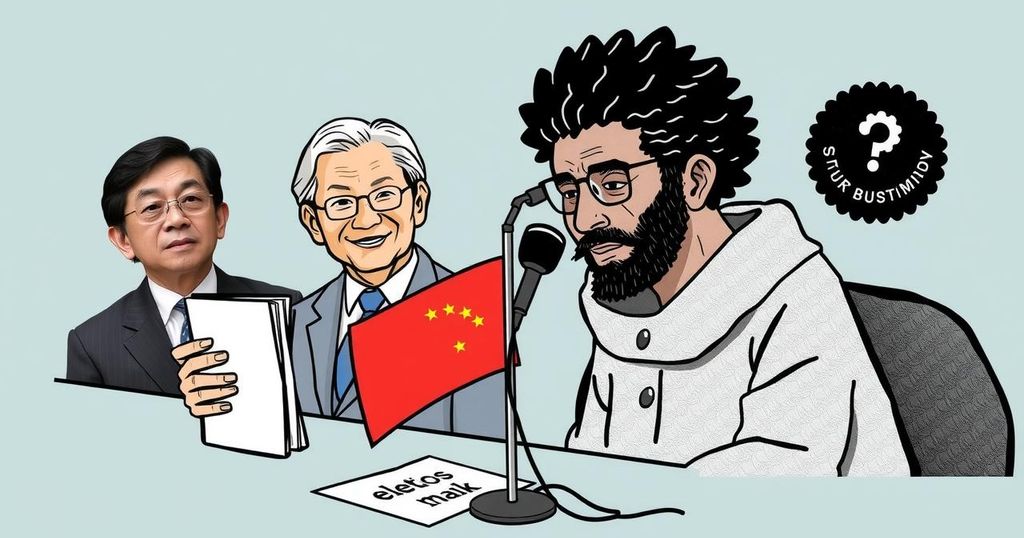2024: A Pivotal Year for Global Democracies Amid Electoral Turmoil

The 2024 election year saw over 70 countries engage in significant electoral contests, marked by the loss of incumbents and the rise of populist and far-right parties. The atmosphere was fueled by voter frustration over economic stagnation and intensified foreign interference. Amidst these challenges, particularly in South Asia, there is emerging hope for democratic resilience driven by youth activism and calls for sustained democratization.
The 2024 election year has emerged as a pivotal moment for democracies worldwide, with over 70 nations participating in electoral processes that impacted nearly half of the global population. Major events included India’s extensive multi-day elections and high-stakes presidential races in the United States and the United Kingdom. 2024 was characterized by the defeat of many established incumbents, signaling a pronounced anti-establishment sentiment among voters, as observed in countries like South Africa, France, and Japan. The elections were notable for the success of far-right political parties driven by discontent over immigration and economic challenges. Importantly, the elections transpired amid rising foreign interference and the ongoing threat of disinformation campaigns facilitated by technological advancements such as AI. Despite these challenges, a sense of hope for democratic rejuvenation persists, particularly observed in South Asia through youth-led protests advocating for greater democratization. The implication is that while 2024 was a year marked by significant electoral turmoil, the potential for democratic consolidation may arise as voters seek to redefine the political landscape moving forward.
The year 2024 is significant as it witnessed the largest electoral participations in recent history, highlighting the fragility and strength of democracy across various nations. As geopolitical tensions escalated worldwide, numerous countries faced internal strife exacerbated by economic hardships and public dissatisfaction with governance. These conditions fostered a climate ripe for electoral changes, wherein long-standing political parties experienced severe losses to fringe and populist movements. The influence of right-wing parties surged amid widespread economic concerns, alongside a notable rise in election meddling tactics by foreign entities, particularly authoritarian regimes.
In summary, 2024 was a year of considerable electoral upheaval and reflection for global democracies. The trends observed, such as the rise of anti-establishment sentiment, electoral gains by far-right parties, and increased foreign interference, encapsulate the complex challenges democracies face today. However, the emerging movements for change and calls for greater accountability indicate a potential resurgence of democratic values, setting the stage for a transformative year ahead in 2025.
Original Source: www.orfonline.org







